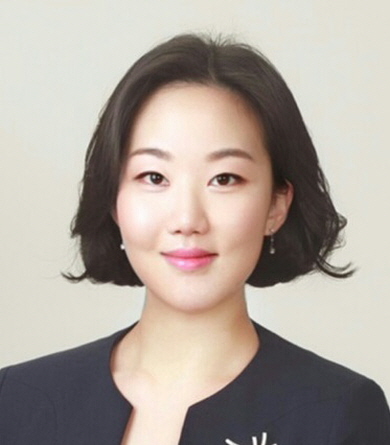
I recently attended the 7th Annual Corporate Social Responsibility (CSR) Conference. The conference’s theme was “Corporate Social Responsibility in an Aging Society,” and participants included dignitaries from departments of finance, government, and academia.
While we often hear about low birth rates and an aging population on the news and most students right now are more concerned about getting a job post-graduation, the consequences seem so far off into the future. But why do corporations, politicians, and academics care about Korea’s aging society?
The reason is simple. Businesses exist to supply products and services demanded by customers - hopefully at a profit. If the number of potential customers decreases in the future, this is bad news for businesses. This is also bad news for government, as it has to tackle both weak industrial productivity and lower tax revenues collected from taxpayers. For the average Joe (or plain Jane), this is bad news on several levels. In addition, we also give a portion of our income to a designated pension service and hope to live off pension payments after retirement. In an aging population, we have more people receiving pensions than those contributing to the pension fund, which is an unsustainable model in the long-term.
So it should come as no surprise that one of the government’s priorities has been for the purpose of increasing birth rates. At the same time, economies around the world have also been trying to tap into female labor markets to spur local productivity. What this has meant for many women is the expectation that we should have a rewarding career on one hand and a thriving family on the other. But can we really achieve this?
The answer is not so simple. To date, the strategy has been to provide economic or childcare support to encourage birth and female participation in the workplace. The government has provided financial subsidies for childcare before kindergarten and many companies have taken the initiative to create daycare facilities at the workplace.
But while these efforts are appreciated, it is too simplistic to say that the only obstacle to having more children is purely economic. We need to ask ourselves whether we have a corporate culture that truly encourages working mothers (and fathers) to integrate family and work. In a society run largely on “sense” (or nunchi), we may have the policies in place regarding maternity/paternity leave and flexible working hours. But can working women and men really take advantage of these policies freely?
For women who choose to work and have a family, I believe that this is should not only be possible, but also be encouraged in a systematic way. Working mothers and fathers should not have to worry about being punished in the workplace for placing as much priority on family as on work. Indeed, we can see these as complementary rather than conflicting spheres since a fulfilling family life can contribute to a more fulfilling work life, and vice versa. If this is the case, what steps can we take from here?
One common theme at the conference was the importance of corporate leaders in setting the right tone. It is very difficult for junior employees to take vacations or utilize flexible working schedules. In addition, night-time meetings and get-togethers can often be moved to the morning or lunchtime. While it is clear that improving work-life integration would be very different depending on the industry, it is high time for all stakeholders to be active in cultivating an environment that encourages both industry and family particularly for working women.
Professor Hannah Jun received her bachelor degree in University of Michigan, Ann Arbor and received her master's degree and Ph.D in Ewha Womans University.

